When you use organic spices and herbs, they enhance the flavor of your meals and add nutritional value. They also boost your immunity.
Unlike conventionally grown spices, organic ones are free of pesticides and herbicides. They also contain less or no preservatives, which makes them healthier for you.
Enhances the Flavor of Meals
Organic spices and herbs can enhance the flavor of any meal. They can also add an element of surprise to a recipe and can make bland dishes taste delicious.
Unlike non-organic spices and herbs, which are dried and preserved with chemical fertilisers and preservatives, organic spices and herbs retain their flavor and aroma even after being stored for long periods of time. This means that the nutrients in them remain intact, and can be absorbed by your body.
Another major benefit of using organic spices and herbs is that they are less likely to contain harmful pesticides. According to The Foodery, an online food delivery service, conventional spices and herbs are often fumigated with chemicals that can be dangerous for children, such as ethylene oxide (EtO).
This is why it is important to buy quality organic spices and herbs, which have been grown without any harmful pesticides. Not only does this increase the healthiness of your diet, but it also helps your body fight a variety of diseases.
Adds Nutritional Value
Adding spices and herbs to your meals not only adds flavor, but also provides an excellent source of vitamins, minerals and antioxidants. Plus, they can reduce your sodium intake and help you avoid nutrient deficiencies that can cause chronic diseases.
Non-organic spices and herbs often contain additives and pesticides, whereas organic herbs and spices are produced with minimal chemicals and are grown in a natural environment. This ensures that the nutrients found in them are preserved.
A number of herbs and spices have medicinal properties such as reducing inflammation, improving oral health, boosting bone development, and strengthening immunity. These spices are also known to promote digestion and absorption of other nutrients.
In addition to these benefits, herbs and spices also contain polyphenols that may help protect against free radical damage. However, these antioxidants are not easily absorbed and therefore, it is important to eat them with other foods that can enhance their bioavailability.
Improves Immunity
If you’re looking for something to help ramp up your immune system, look no further than organic spices and herbs. These natural ingredients contain a variety of nutrients that your body needs to thrive.
They can also boost your immune system and protect you from various diseases over time. This is due to the fact that they contain fewer pesticides and chemicals than conventionally produced spices and herbs.
Moreover, they are more fresh and nutritious as well. This is because they are cultivated on unpolluted land without the use of harmful fertilizers or herbicides.
Amongst these are turmeric, cloves and ginger. Turmeric contains curcumin, a powerful antioxidant that supports a healthy inflammatory response in the body. It’s also rich in anti-fungal and antibacterial properties, which can be especially helpful during times of infection.
Reduces Inflammation
Inflammation is a natural defense mechanism in the body, but it can get out of hand when it is not properly controlled. Luckily, you can improve your health by making changes to your diet and consuming anti-inflammatory herbs.
Organic spices and herbs are a good source of phytochemicals, which promote healthy immune function, lower cholesterol, prevent cell damage, inhibit cancer growth and reduce inflammation. They also contain nutrients that may help control blood sugar levels and improve heart health.
Another benefit of choosing organic spices and herbs is that they are free from chemicals. Conventionally grown herbs and spices tend to be harvested using pesticides, herbicides and other synthetic chemicals that can damage the health of consumers.
Organic spices and herbs are a delicious addition to any meal. They have a more robust taste and provide exceptional nutritional value. They are also safe for people with diabetes or hypoglycemia. This is because they reduce inflammation in the body and help to increase the enzyme activity needed for proper digestion.
Frequently Asked Questions
Is organic produce healthy?
There are two types. Those we grow or those we get from someone else. Of course, there are exceptions to both categories, but for the most part, the answer to your question is yes. Organic food is healthier as it doesn't contain any harmful chemicals or pesticides, herbicides and preservatives.
Organic food can be found in supermarkets throughout North America, Europe and Asia. Most grocery stores now carry organic food, making it easier for consumers to choose organic products.
Organic food is better tasting and healthier because it contains more vitamins and minerals. Organics are also grown without the use of pesticides or synthetic fertilizers, so they don't pollute our soils and water supplies.
The USDA regulates organic farming practices. They require farmers to follow strict guidelines so that organic produce can be eaten safely. There are more than 30 million acres of US farmland that have been certified organic.
Organic food can often be cheaper than conventional food. The same amount of nutrients, calories, and protein is being offered by organic food, but consumers are often paying less. Organic farms can charge less for their crop because they aren’t required to buy expensive chemical inputs.
According to the Environmental Working Group organic food is 10 percent cheaper per pound than conventionally manufactured food. Switching to organic food is a smart move if you care about your health and that of your family.
Organic food is a popular choice to traditional American cuisines. Although many may think that organic food is only available at specialty markets and gourmet restaurants, this isn't true. You can easily purchase organic food in regular grocery stores throughout the United States.
In recent years, organic food sales have been on the rise. In 2012, the US market value for organic food was $43 Billion. This is an increase of $21 Billion from 2007.
Why is organic food so important?
Organic produce is important for our health. Organic produce is the best way to eat healthy foods. It's not only better for us but also it's more sustainable as it doesn't rely upon pesticides and fertilers.
Organic farming relies on natural methods to cultivate crops, without the use of harmful chemicals. Organic farming is safer for animals and humans because it produces fewer pollutants. You are helping the planet and yourself by choosing organic food.
The health benefits of organic foods go well beyond our bodies. We all know how toxic processed food can make you feel. However, organic fruits & vegetables aren’t treated with chemical sprays. They taste fresher, look better and last longer.
It's because organic is healthy for you and the planet. Organic food is not only healthier for you but also for the whole world.
How do you determine if food has been grown organically?
Ask any chef and he will tell you that fresh ingredients are the most important thing. We feel better when our food is good.
This is true for food as well. Organics are traceable back to the source and provenance of their products. We also know that it didn't have any harmful chemicals.
Organic foods are made without the use of synthetic pesticides and fertilizers, hormones, steroids, antibiotics, or genetically altered organisms (GMO). Organic farmers aren't allowed to use these substances.
Growing organic crops is an art. There are many methods to safely grow them.
Sustainable agriculture is sometimes called organic farming. This means that while it uses fewer resources than conventional methods, it provides the necessary nutrients to sustain life.
Organic farming methods include crop rotations, composting manure and cover cropping. These techniques help prevent soil erosion and improve water quality.
They reduce chemical runoff from waterways. Many of us live in urban areas so we have access to local farms that produce organic produce.
Two types of organic product certification programs exist. One is certified by the USDA National Organic Program, and the other is certified by independent certifying agencies. Both require strict adherence to organic standards.
USDA seals, or O Seals, may be attached to certified organic products. These symbols indicate that the product meets federal requirements.
What are the benefits to organic farming?
Organic farming provides farmers with a way of producing food without using chemicals. Farmers do not need to worry about harmful pesticides harming their crops or animals.
Organic farming allows for natural fertilizers to be used. These fertilizers can be used to help grow healthier plants and to reduce the amount produced chemical waste.
Organic farming is also beneficial for the environment. For example, organic farming uses composting techniques to re-use nutrients in the soil. This reduces pollutants and conserves precious resources.
Organic farming also helps the environment by increasing crop yields. Because organic farming uses less water during the growing season, this is why it is so successful.
Organic production methods also mean that farmers receive higher prices for their produce. Consumers who are more informed about the dangers of pesticides or chemical fertilizers will demand healthier food.
This raises the demand to produce organic food products. For these reasons, organic farming is becoming increasingly popular.
Statistics
- Popular clothing brands, like Patagonia, are labelled as organic by using 100 percent organic cotton for many of their styles. (en.wikipedia.org)
- When packaged products indicate they are “made with organic [specific ingredient or food group],” they contain at least 70% organically produced ingredients. (usda.gov)
- As for organic meat, regulations require that animals be raised in living conditions that accommodate their natural behaviours (like the ability to graze on pasture), fed 100% organic feed and forage, and not administered antibiotics or hormones. (usda.gov)
- Once certified by the USDA, it can fall into one of four categories: "100 percent organic", "organic," "made with organic ingredients," or "made with less than 70 percent organic ingredients. (en.wikipedia.org)
External Links
ecfr.gov
doi.org
- A Review of Journal of Toxicology and Environmental Health: Cancer Risk and Occupational Pesticide Expositions: Part B: Vol 15, Number 4
- Genetically modified food safety and public concerns: a review by Journal of Food Science and Technology
ams.usda.gov
sciencedirect.com
- Organic food and impact on human health: Assessing the status quo and prospects of research - ScienceDirect
- Technical note: Simultaneous Vitamin and Carotenoid Analysis of Milk from Total Mixed Ratio-Fed Cows - ScienceDirect
How To
Organic foods: Are they healthier and more nutritious than conventional food?
Organic foods are grown without the use chemical pesticides or synthetic fertilisers. They are grown in natural environments without artificial inputs (fungicides/herbicides/hormones, antibiotics or genetic engineering). Organic farming methods include crop rotation, cover, composting animal manure and recycling wastewater.
The USDA National Organic Program (NOP), established in 2002 to regulate production, handling and processing of organic products sold in the United States. NOP regulations make sure that organic agricultural product conforms to the Federal Food, Drug, and Cosmetic Act. The NOP regulations also require that organic products are free of prohibited substances such as pesticide residues and genetically modified organisms.
The United States offers two certification programs for producers that want their products to be certified organic: one for farmers, ranchers and the other for manufacturers. Each program requires an annual audit of operations to ensure compliance with strict standards. Many certifying agents offer this service, including CCOF Certified Organic Farmers & Ranchers (QA International), American Grassfed Association, and Quality Assurance International. Each of these organizations provides third-party verification to verify that farms are following strict guidelines in regards to environmental stewardship, labour practices and care for livestock.
According to USDA's Economic Research Service (ERS), organic agriculture accounted in 2013 for $4.7 Billion in sales. Retail spending on certified organic products reached nearly $1.5 Billion in 2013. This is a 23 per cent increase from 2009. Groceries sales increased by 12 per cent during this time. Spending on organic produce directly increased by 29.9%, while meat, poultry eggs, and seafood spending grew only by 1%.
While organic food costs more, consumers say its quality justifies the added expense. Consumer Reports conducted a survey in 2015 and found that 88 percent of respondents would pay more for organic foods if they had higher nutritional value. Health Affairs also reported that organic food intake is associated with fewer health problems, such as obesity, diabetes and heart disease.
There is no evidence to suggest eating organic foods can treat or prevent any diseases. However, some studies have suggested that they might be beneficial for your health as they may reduce your exposure of pesticides and contaminants. For example, a review of 31 studies published in 2010 concluded that organically raised beef had significantly lower levels of toxic chemicals and parasites than conventionally raised beef. Similar results were also reached by a separate analysis of 11 2012 studies.
A 2014 report from the Environmental Working Group looked at data from the Department of Agriculture's Agricultural Marketing Resource Center and found that the incidence of foodborne illness caused by E. coli, salmonella, listeria monocytogenes, campylobacter, and verotoxin-producing E. coli O157:H7 decreased when comparing organic to non-organic chicken, pork, beef, lamb, milk, and cheese. After 2006, when USDA required stricter organic standards in animal raising for human consumption, the group noted that E.coli O157 was less common among children and adults.
Resources:
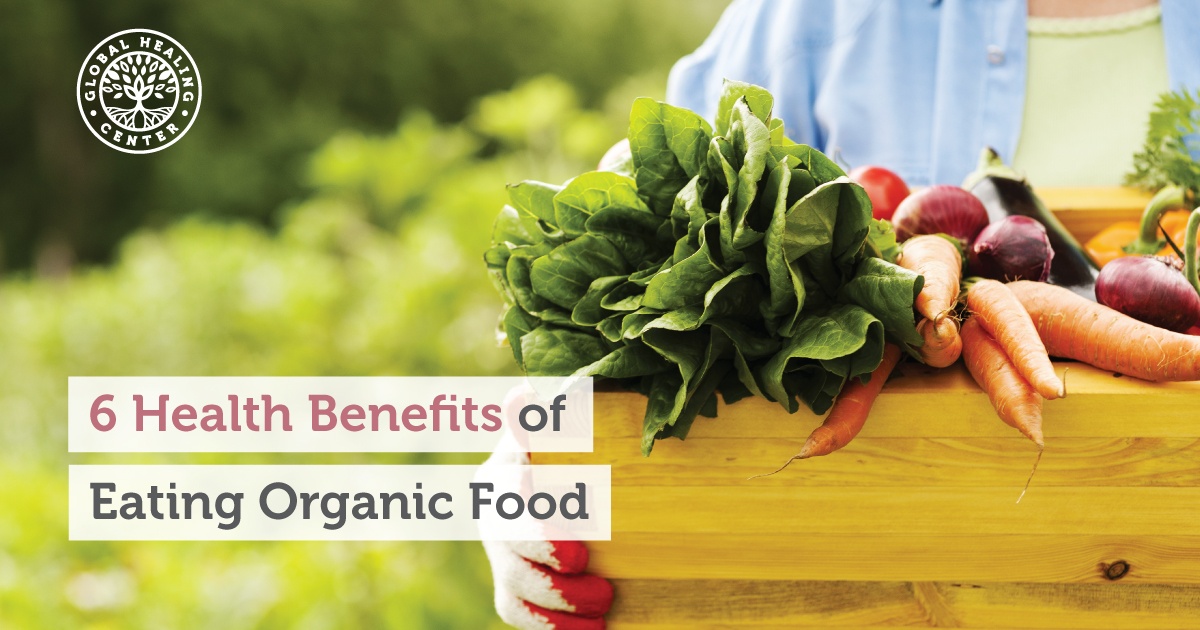 |
Nuts and SeedsNuts and seeds are nutrient-rich crunchy tidbits that add a protein, fiber and healthy fat punch to meals and snacks. They’re also a great source of.. |
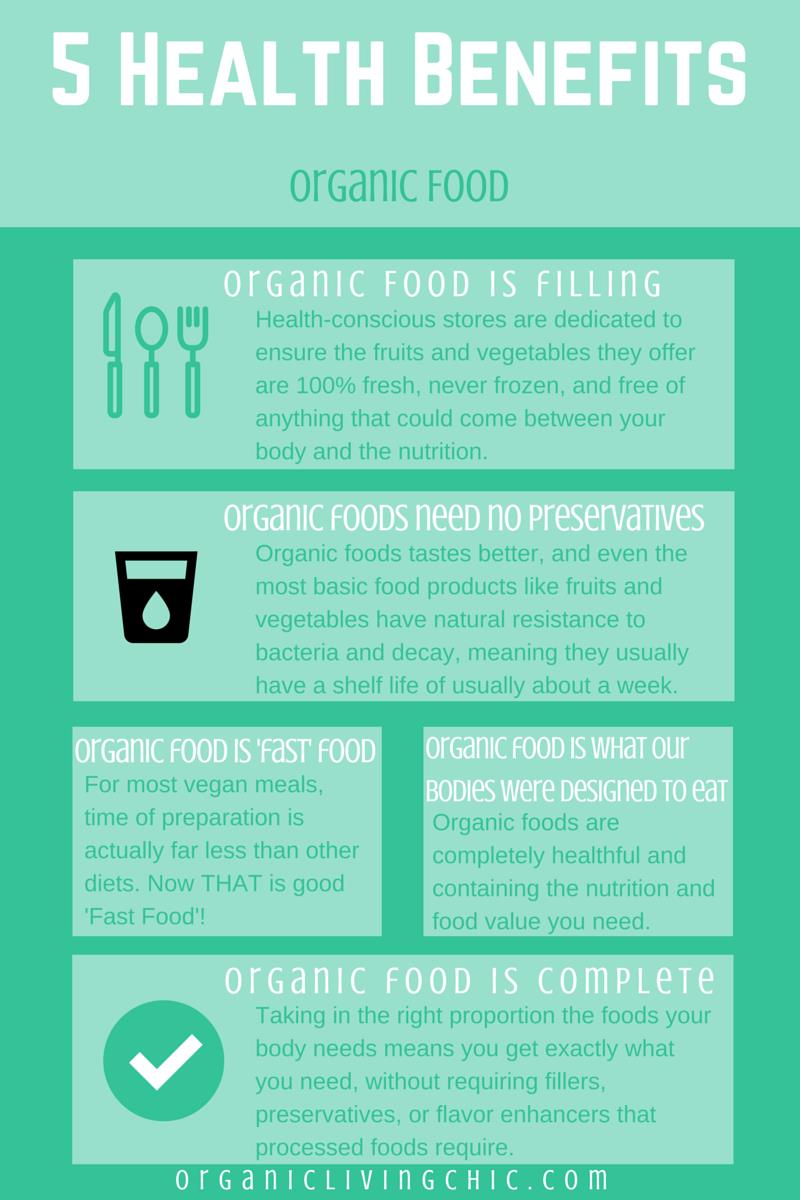 |
Organic Food For A Six Pack? The TRUTH About Organic vs Conventional Foods!Get ripped and keep your strength: http://goo.gl/uLzHn6 Hey guys, it's Clark over at Six Pack Shortcuts and today we're gonna talk about organic vs |
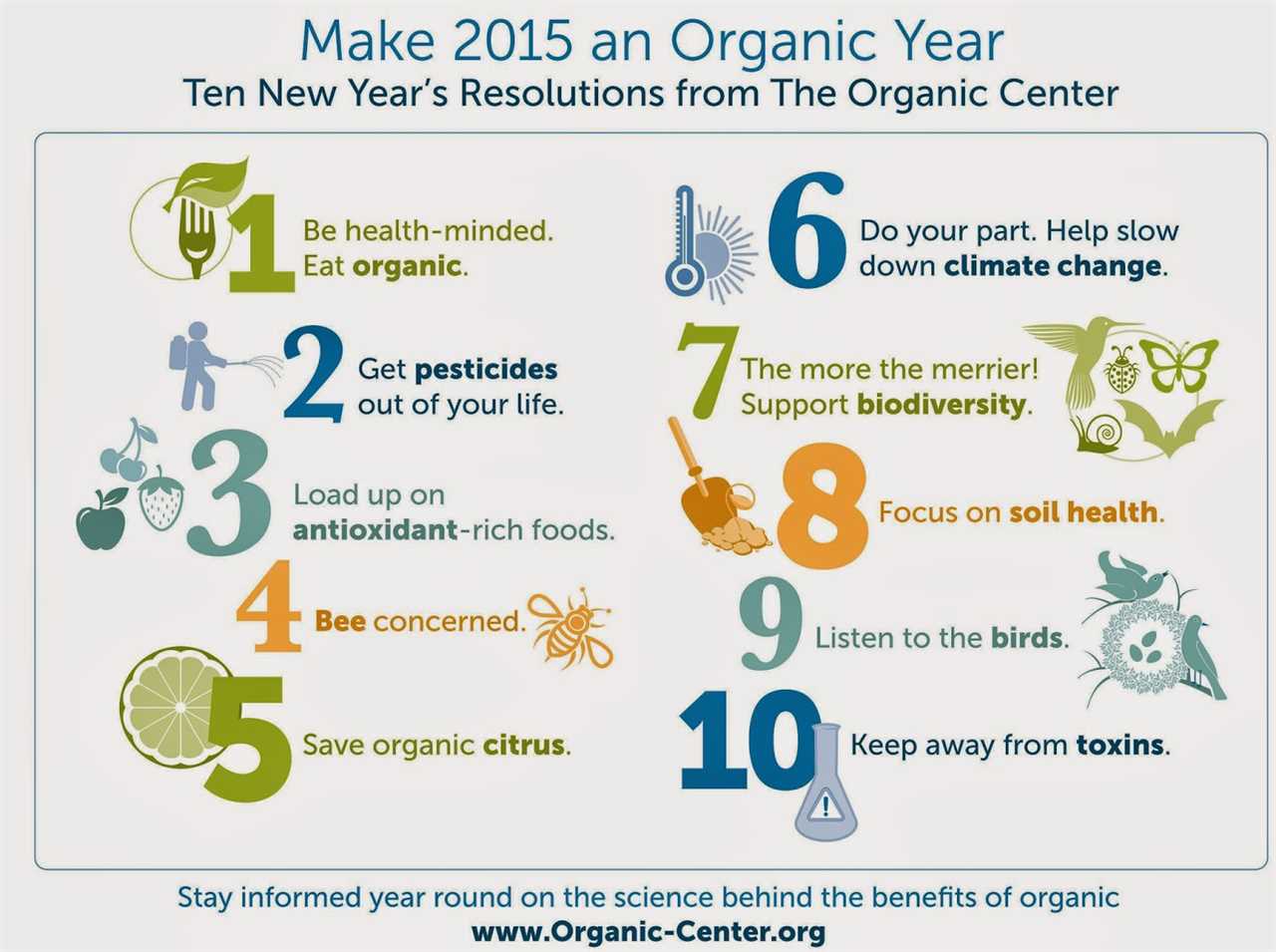 |
Organic vs Conventional Produce - The Dirty Dozen & Clean 15 ExplainedClick https://skl.sh/flavcitywithbobbyparrish to get 2 months of Skillshare for FREE! Here is a full review of the dirty dozen fruits and vegetables and |
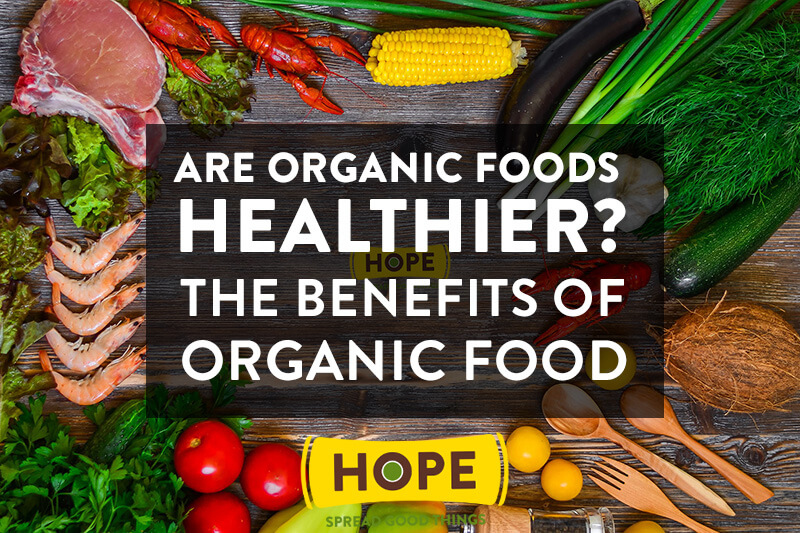 |
Are Organic Foods Really Healthier?It's widely believed that organic foods are more nutritious and safer than non-organic foods, even though the evidence is far from clear. Food certified as |
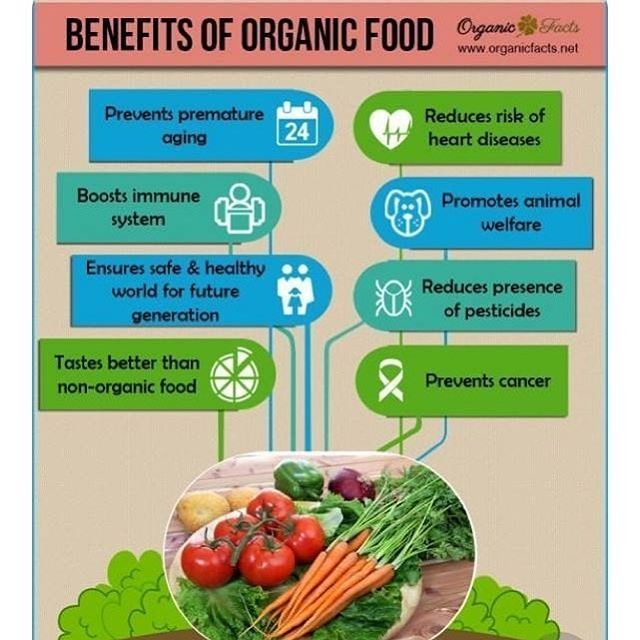 |
Are GMOs Good or Bad? Genetic Engineering & Our FoodAre GMOs bad for your health? Or is this fear unfounded? OUR CHANNELS German Channel: https://kgs.link/youtubeDE Spanish Channel: |
 |
How the food you eat affects your brain - Mia NacamulliView full lesson: http://ed.ted.com/lessons/how-the-food-you-eat-affects-your-brain-mia-nacamulli When it comes to what you bite, che […] |
 |
Is Buying Organic Food Worth The Cost?Subscribe to Goodful: https://bzfd.it/2QApoPk Goodful Goodful Feel better, be better, and do better. Subscribe to Goodful for all your healthy self care |
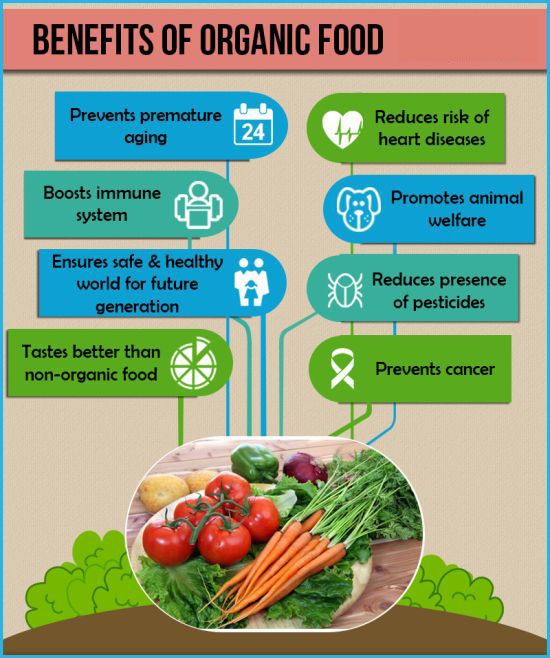 |
Benefits of Choosing Organic Gluten-Free OptionsIf you’ve been diagnosed with gluten sensitivity or celiac disease, you know how hard it can be to avoid foods containing wheat and other grains. But |
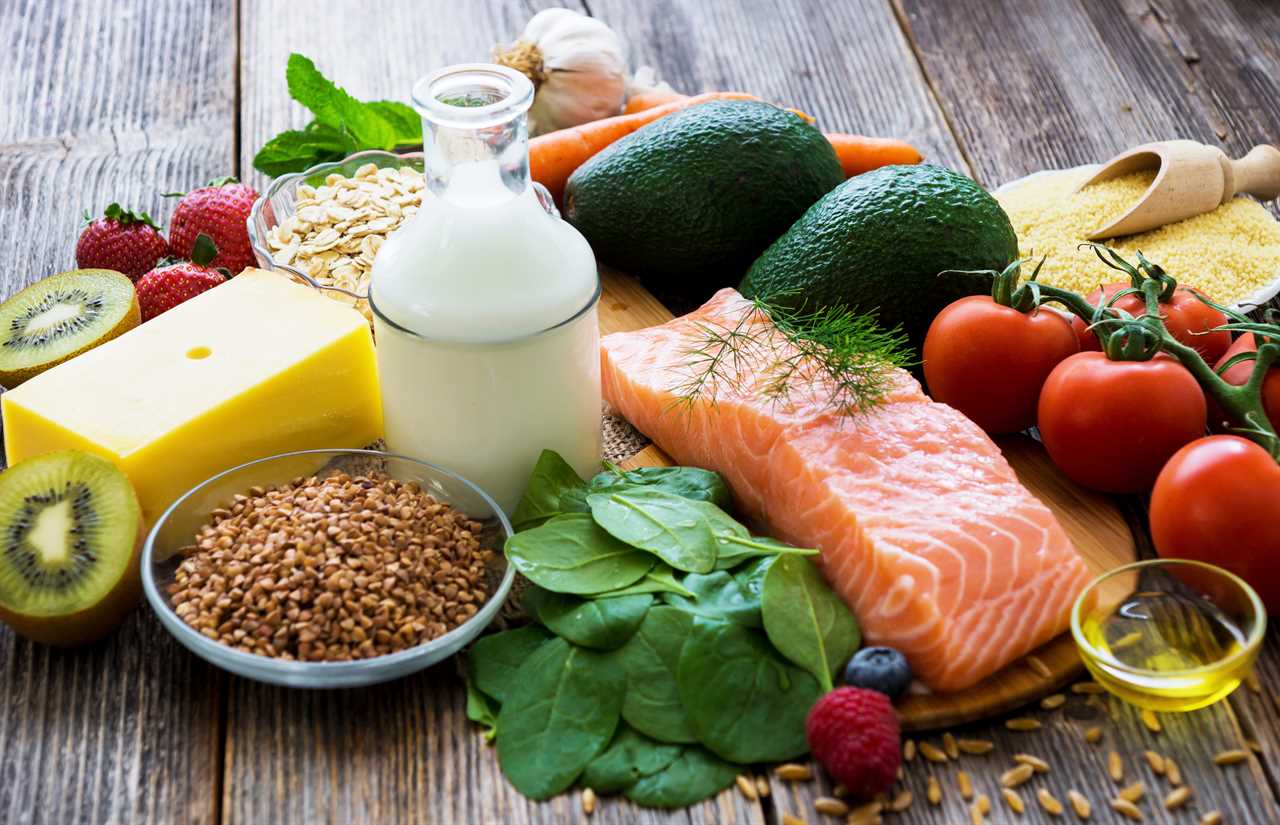 |
Joseph Wang LIVE (Bank Bailouts and Moral Hazards Deep Dive)buy my stuff Come to rebel capitalist live at https://rebelcapitalistlive.com Check out my private, online investment community (Rebel Capitalist Pro) |
 |
Organic Farming and Soil HealthOrganic farming practices promote soil health through crop rotations, symbiotic associations, cover crops and minimum tillage. These management.. |
 |
Research Reveals How Your Body Reacts When You Eat Only Organic FoodsThere is a growing belief that organic foods are healthier for us than non-organic foods. This ever-increasing belief is responsible for significant growth in |
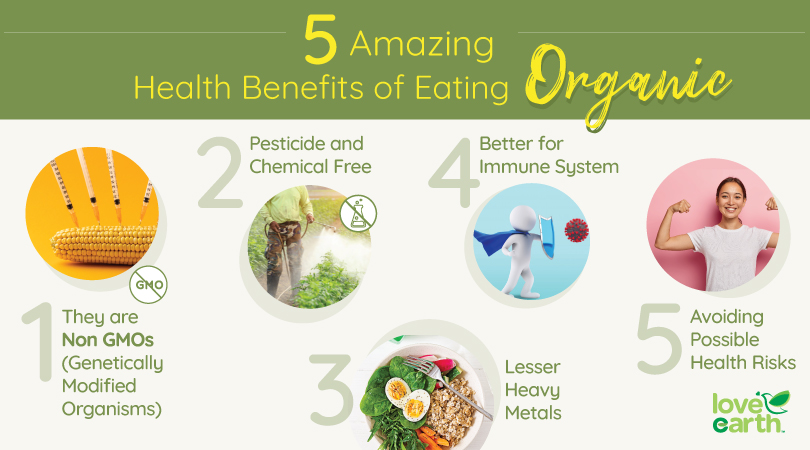 |
Stop Wasting Money on These ORGANIC Veggies (you don’t need to buy them organic)Click Here to Subscribe: http://Bit.ly/ThomasVid Get MY Recommendation on Groceries Delivered to Your Doorstep with Thrive Market: http: […] |
 |
If You Eat an Avocado a Day For a Month, Here''s What Will Happen to YouWhat Will Happen to Your Body If You Eat Avocado Every Day. The avocado is a unique fruit with multiple nutritional and health benefits. How would your body |
 |
Korean GardeningKorean gardening is one of the oldest ways to grow plants. It involves planting herbs, fruits, and vegetables that are used in kimchi, a type of.. |
 |
The Rodale InstituteThe Rodale Institute is a nonprofit organization that aims to support research into organic farming. It was founded in 1947 by J. I. Rodale, an.. |
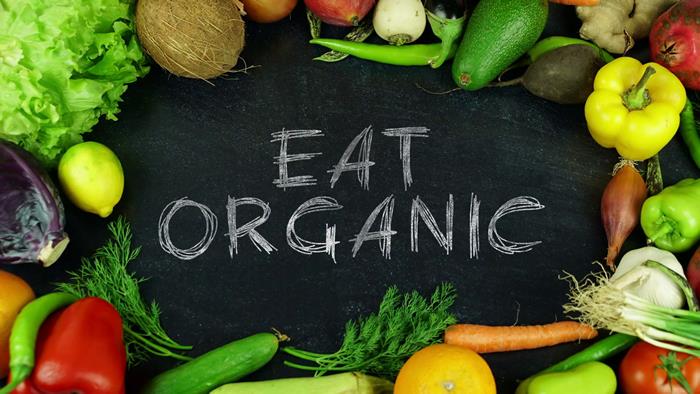 |
Organic eatingOrganic Cultur |
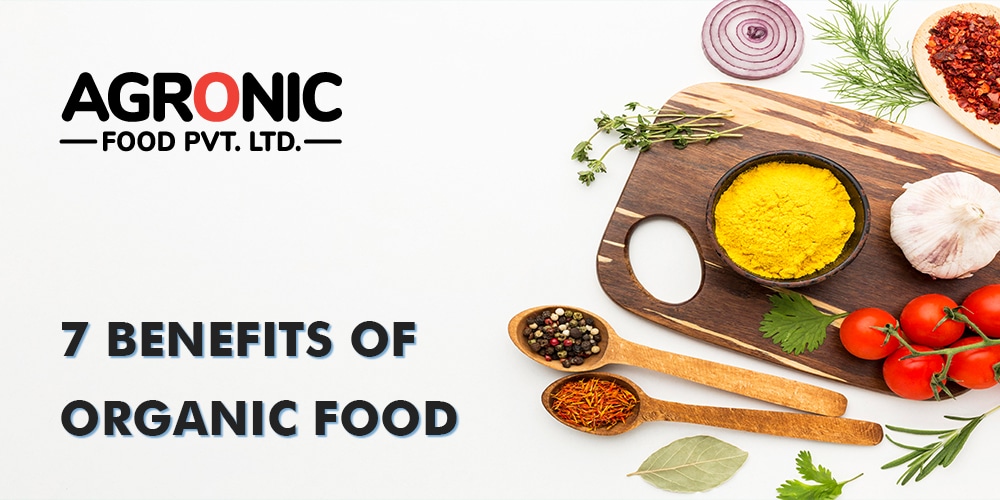 |
What is a Conventional Farm?Conventional farm is the term used to describe a farm that is not organic. It is a form of agriculture that is associated with better soil quality,.. |
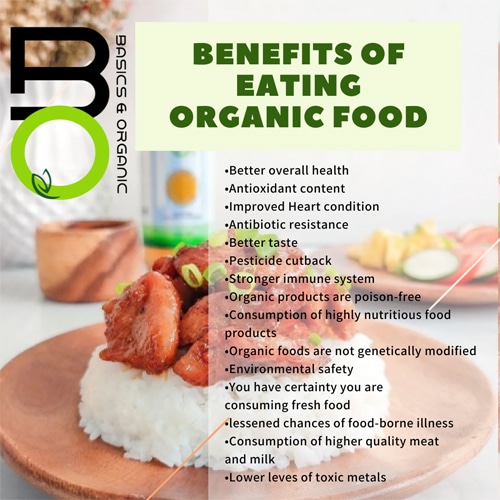 |
Chhattisgarh's Organic Farming SchoolsThe government of Chhattisgarh has started to introduce organic farming schools. This initiative is intended to provide the young generation with the |
 |
Can Organic Be GMO?The question Can organic be GMO is an ongoing debate among many consumers. While it's possible to eat foods that have been produced using genetic.. |
 |
When Did Organic Food Start?The answer to the question when did organic food start? will vary depending on the time period in which you are looking at. For instance, it may be a |
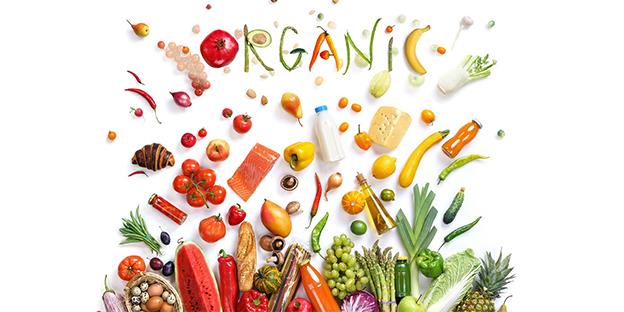 |
Organic Farming PrinciplesOrganic farming is a practice that is designed to be sustainable and healthy. Its principles include avoiding harms produced by industrial farming.. |
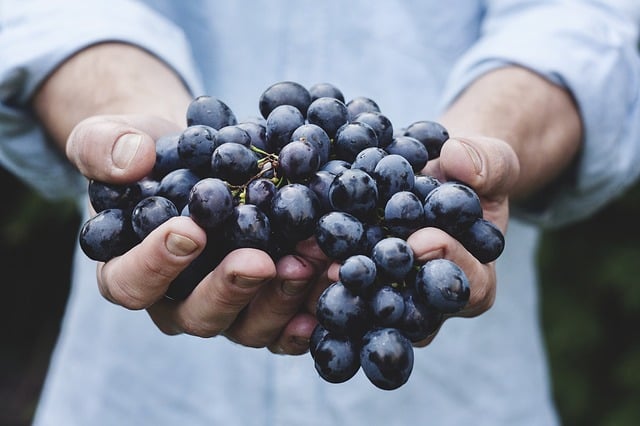 |
Soil Composition and BiodiversityThe soil that we have around us is a vital part of our lives. It is the home for many plants and animals. It also has a texture, a color, and many.. |
 |
The Benefits and Pitfalls of Organic Farming OrganizationsOrganic farming is an approach to farming that is not only ecologically sound, but also financially feasible. It is a method that is free from.. |
 |
Exotic VegetablesWhen it comes to vegetables, there are plenty of choices to choose from. Some of the most popular choices include broccoli, corn, carrots, and.. |
 |
Learn How to Become an Organic Farmer Through a Training ProgramIf you are looking to become an organic farmer, there are several ways you can do so. One option is to take a training program that will teach you.. |
 |
Benefits of Cover CropsIf you aren't familiar with cover crops, you may be surprised to learn that they are plants that are planted to grow on top of the soil to help.. |
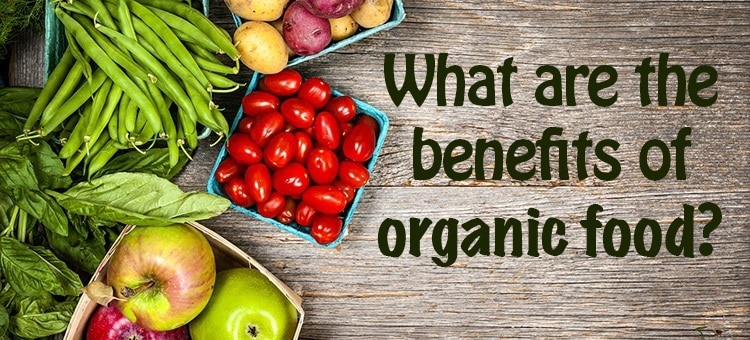 |
What is Organic Cotton?Organic cotton is the type of cotton that is grown without using pesticides or chemicals. It is also the type of cotton that is grown in subtropical.. |
 |
Is Organic Farming Beneficial to Biodiversity?Organic farming is a growing interest in the scientific community, and researchers have been investigating whether the practice is beneficial to.. |
 |
The Benefits of CompostingComposting your waste can be a very effective way of ensuring that your organic material is being broken down to the best of its ability. When.. |
 |
The Difference Between Organic Milk and Regular MilkOrganic milk is a type of milk that comes from livestock that is raised according to organic farming methods. This is a term that is regulated by.. |
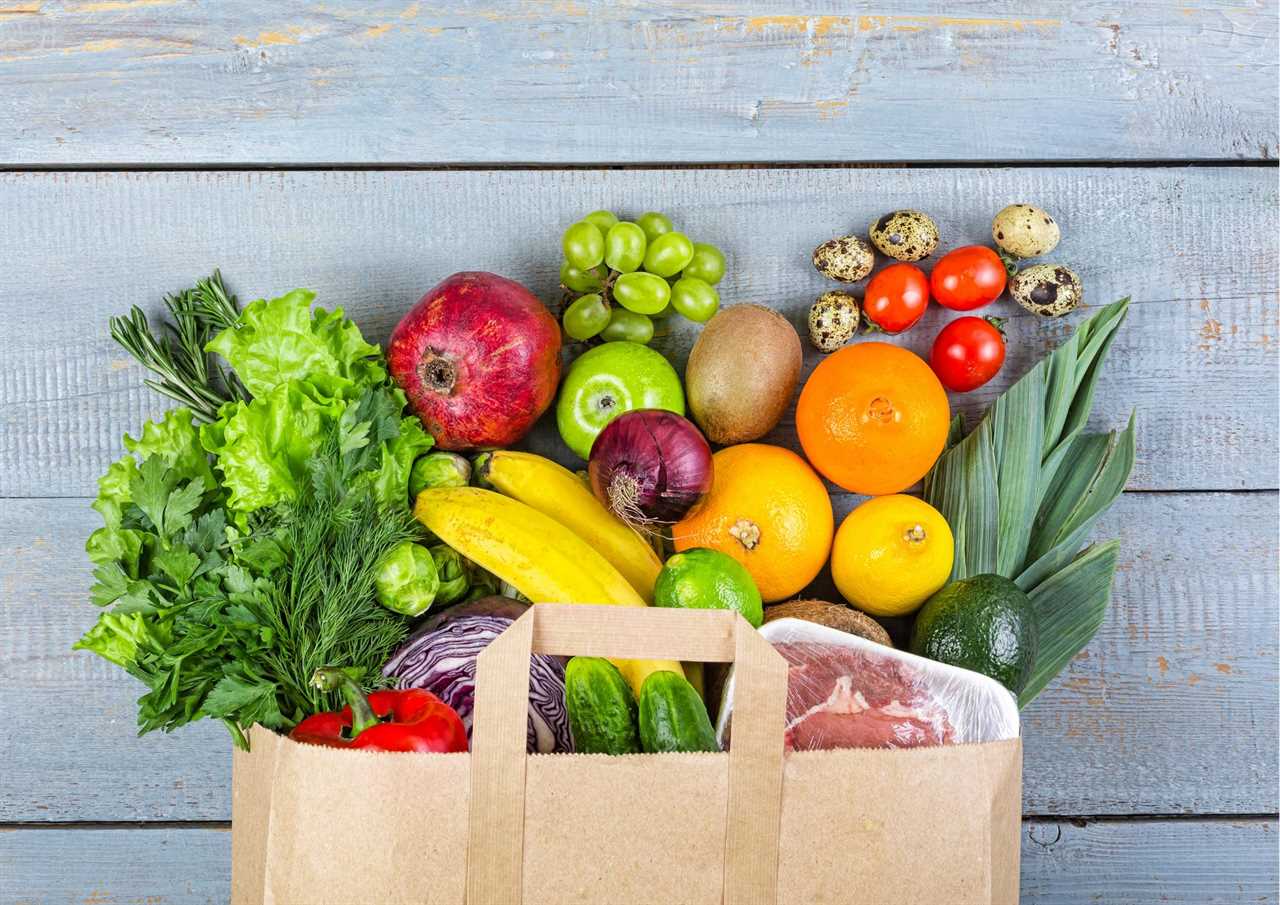 |
Organic Farming MagazineOrganic farming magazine is a resource that provides you with the latest information on organic agriculture, health, and sustainability. It also.. |
 |
The Latest Research on Organic | The Organic CenterResearched articles about eating Organic food |
.png)





